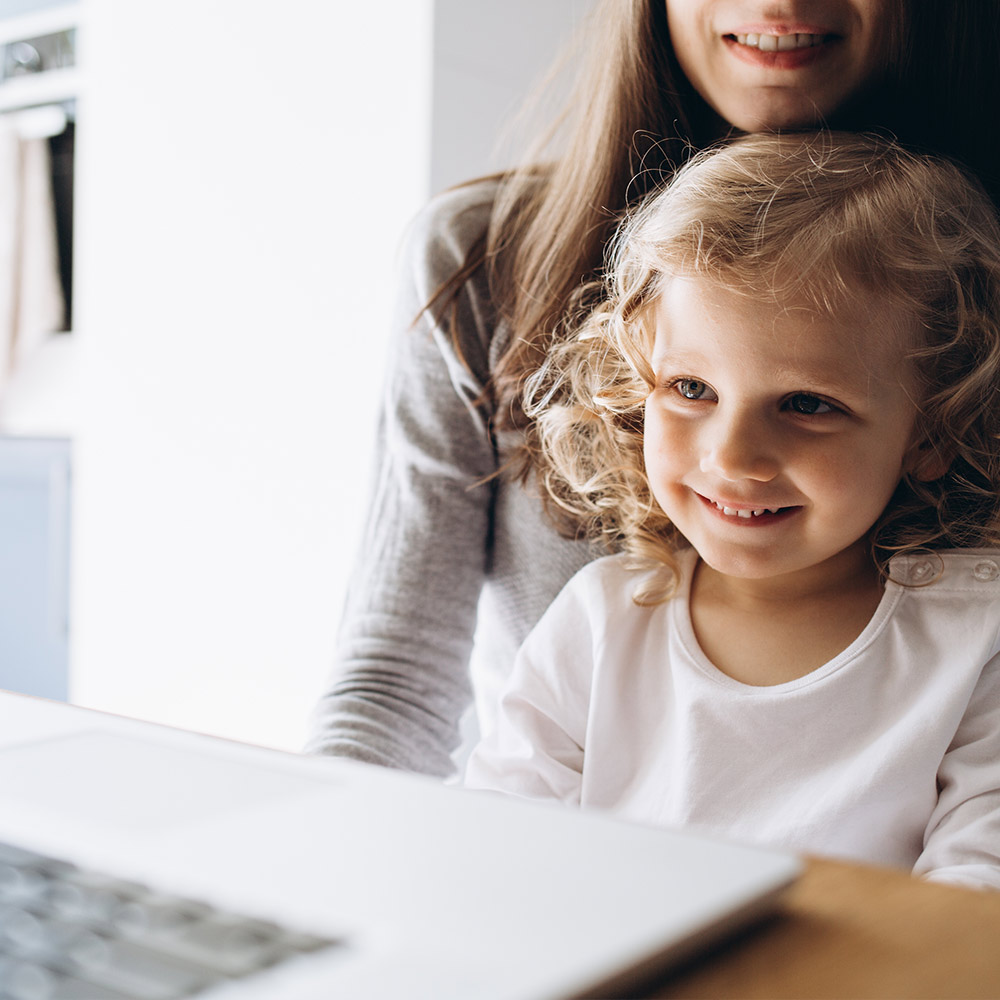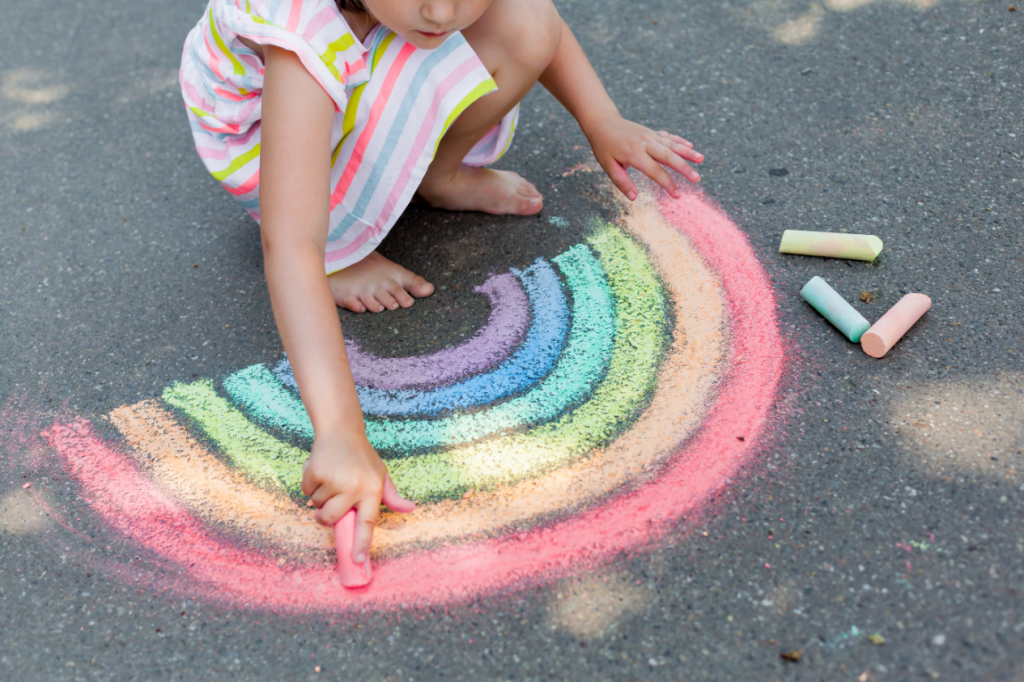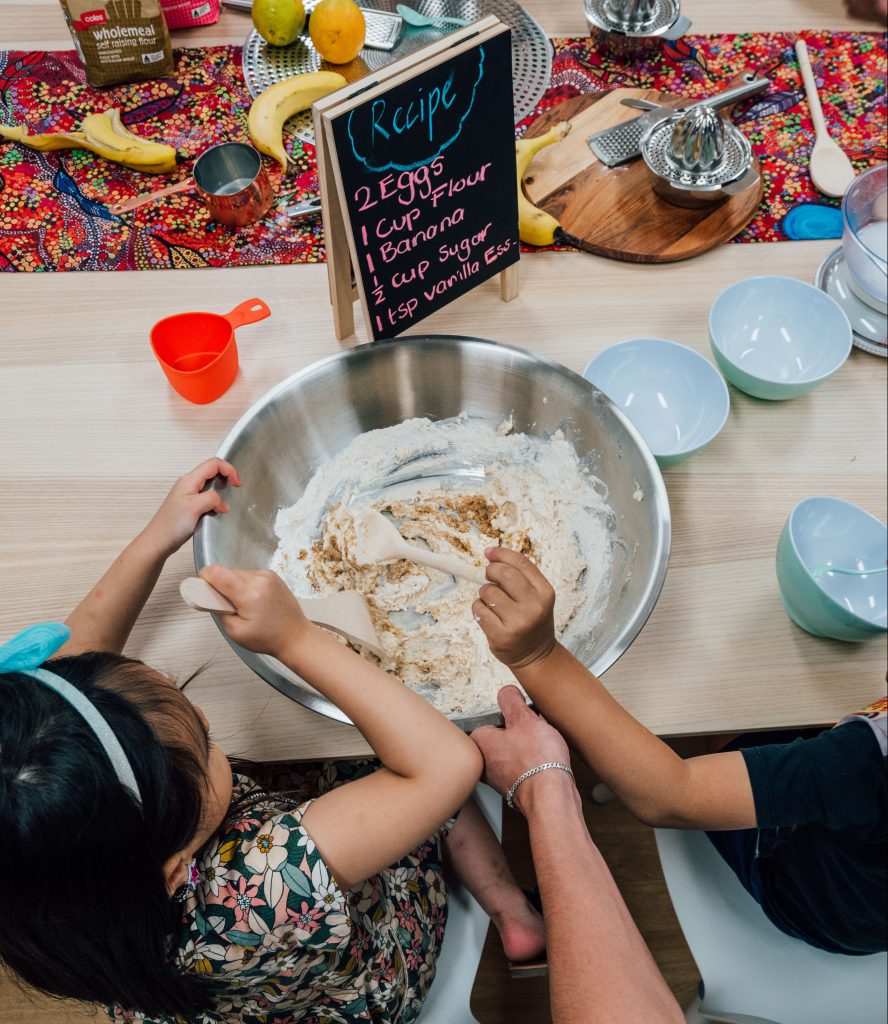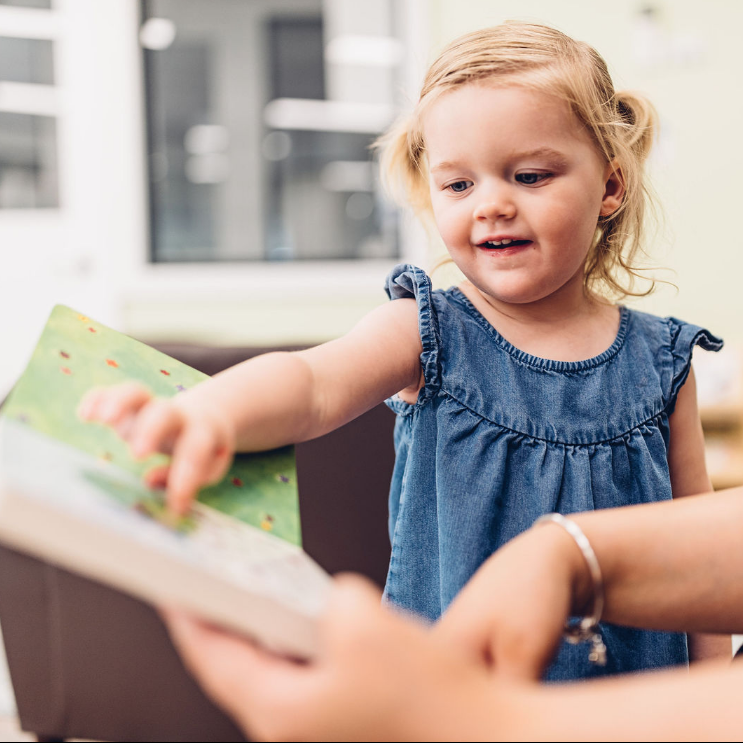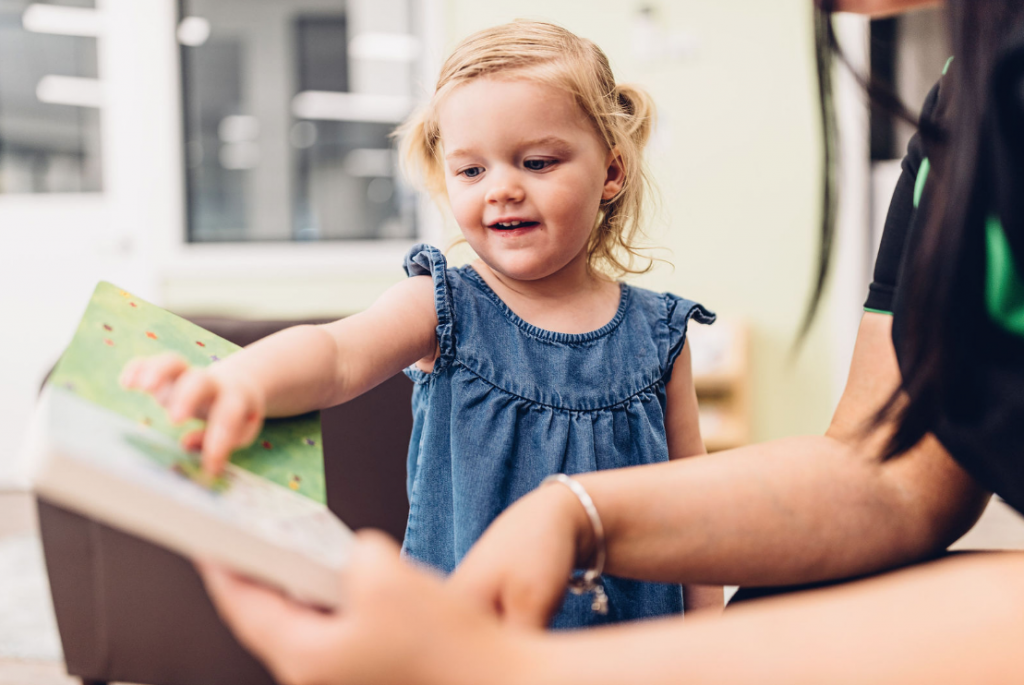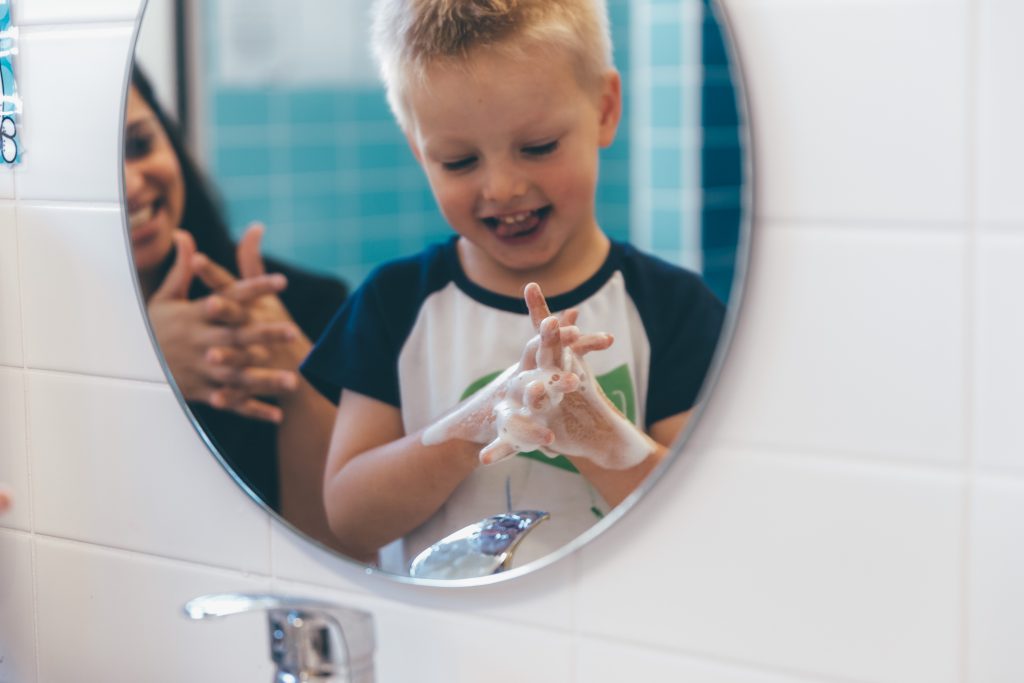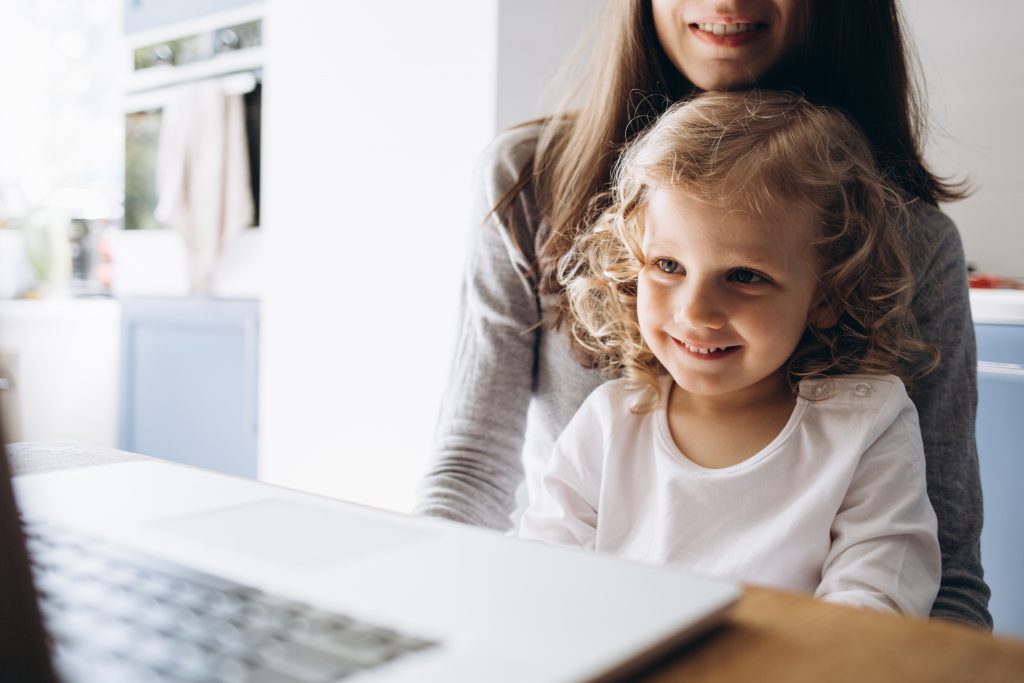
There’s nothing quite so joyful as watching children playing and interacting, gradually developing the social skills that will set the course of their life into adulthood.
Life in isolation offers fewer opportunities for social engagement. Thankfully, you can set up virtual playdates for your child, inviting friends and family to join in –using the same technology that has allowed our centres to connect with children at home!
Children are incredibly adept at navigating the online world but they still need your help to set up dates and also ensure privacy and security settings are in place.
We’ve summarised some of the most popular sites for children’s play dates and some of the games they can share virtual time together. Not only are they able to keep in touch with friends but a successful virtual playdate helps to develop the same social skills that apply in real life – consideration for others, sharing, and empathy.
- Messenger Kids
This Facebook app is easy to use and has reasonable protections in place. Up to eight people can be involved in a free video call which is more than a big enough crowd for youngsters without becoming overwhelmed or feeling left out. Find it here.
- Google Hangouts
Google Hangouts has been used successfully by a number of our centres for virtual activities and story time which children at home. It’s great for one on ones and group chats for up to 10 people. Find out more about it here.
- Caribu
For a limited time Caribu is offering free access to Caribu, a video-calling app that combines children’s books, activities and games. Heavily promoted as a way to keep children in touch with grandparents, sharing story time and a range of activities, it also brings little friends together virtually. Read more about it here.
VIRTUAL PLAY IDEAS
Being virtually connected doesn’t have to mean being a slave to the screen. These simple games that are played in real life can work just as well over video.
Show and Tell
Each child takes a turn to show off a craft activity, drawing, favourite, pet or the results of a baking session with question and answer to follow.
Simon Says
Play it just as you would in real life, with each child getting a chance to play Simon.
I Spy
This favourite road trip game can be even more fun in a virtual world with lots of different objects to spy in each child’s screen. I spy with my little eye, something beginning with …..
Musical wobbles
A variation on musical chairs and statues. One child is in charge of stopping and starting the music and spotting the wobblers. The last child standing takes over as master of music.
Charades
The perennial parlour game, charades can be played virtually without too much difficulty. Children take it in turn to act out a character, animal or TV show and the others have to guess!
